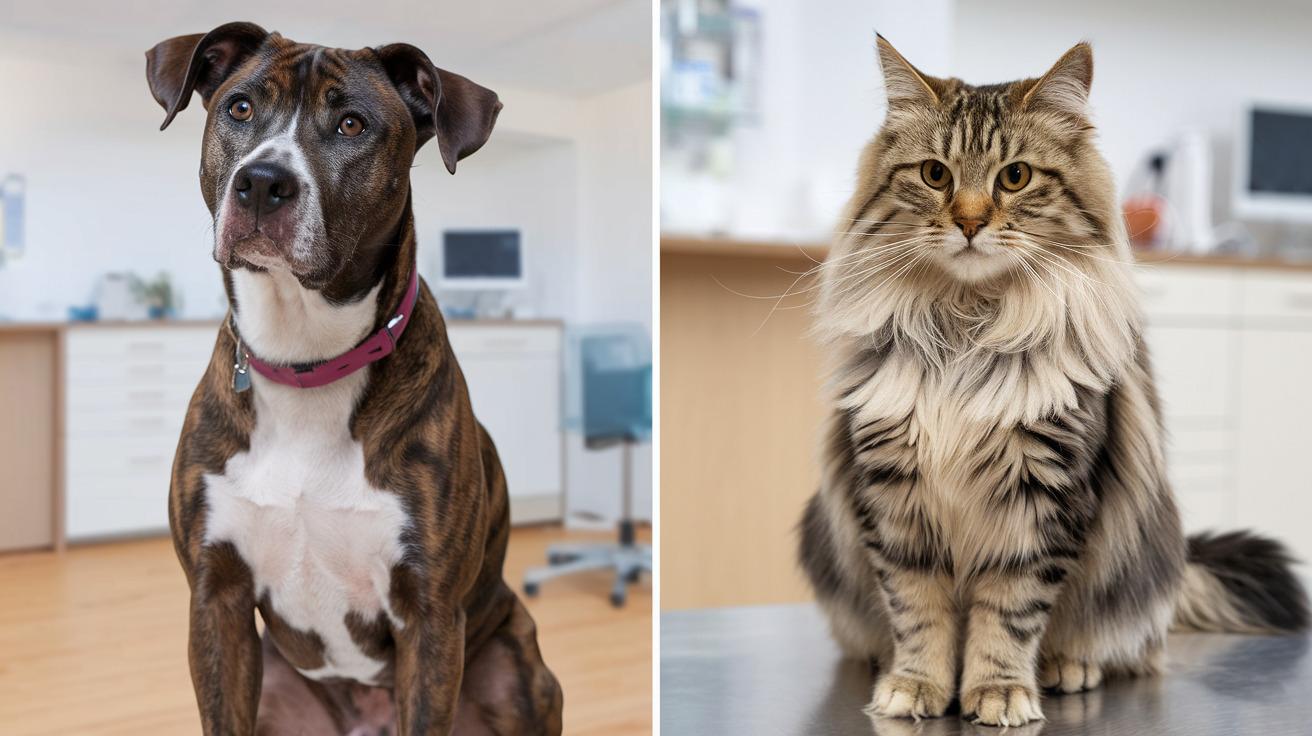Pet Vaccinations: Safety, Side Effects, and Managing Reactions

Vaccinations are one of the most important preventive healthcare measures for pets. They protect dogs, cats, and other animals from serious and potentially life-threatening diseases. However, many pet owners have concerns about vaccine safety, side effects, and how to handle reactions. This guide provides clear, practical information to help you understand pet vaccinations.
Are Pet Vaccines Safe?
Yes, pet vaccines are generally safe and undergo rigorous testing before being approved for use. Modern veterinary vaccines are designed to stimulate the immune system to protect pets from diseases like rabies, distemper, parvovirus, and feline leukemia.
While no medical intervention is completely risk-free, adverse reactions to vaccines are uncommon. Most pets tolerate vaccinations well, and the benefits of preventing disease far outweigh the risks of rare side effects. Veterinarians follow established vaccination protocols to ensure safety and effectiveness for each individual pet.
What Are the Common Side Effects of Pet Vaccinations?
Most side effects from vaccinations are mild and short-lived. Common reactions include:
-
Mild lethargy – Pets may appear slightly tired or less active for a day or two.
-
Soreness at the injection site – Some pets develop a small, tender lump or swelling where the vaccine was administered.
-
Mild fever – A temporary rise in temperature is possible as the immune system responds to the vaccine.
-
Decreased appetite – Pets may eat less than usual for a day.
-
Sneezing or mild nasal discharge – This is more common with intranasal vaccines in cats.
These mild reactions usually resolve on their own within 24–48 hours and do not require medical intervention.
Can Pets Have Allergic Reactions to Vaccines?
Yes, although severe allergic reactions are very rare. Signs of an allergic reaction may include:
-
Swelling of the face, lips, or eyes
-
Vomiting or diarrhea
-
Difficulty breathing or coughing
-
Hives or widespread itching
-
Collapse or extreme lethargy
If any of these signs occur, immediate veterinary attention is essential, as some reactions can become life-threatening. Most clinics are equipped to manage allergic reactions quickly and effectively.
How to Manage Mild Reactions After Vaccination
For mild side effects like soreness, lethargy, or mild fever, you can take these steps at home:
-
Monitor your pet closely – Keep an eye on behaviour, appetite, and energy levels.
-
Provide rest and comfort – Ensure your pet has a quiet, comfortable place to recover.
-
Check the injection site – A small lump or slight swelling is normal, but contact your vet if it enlarges, becomes very hard, or appears red and painful.
-
Maintain hydration and food intake – Offer water and light meals to help your pet stay comfortable.
-
Avoid strenuous activity – Limit play and exercise for a day or two to allow the immune system to respond.
If mild symptoms persist beyond a couple of days or worsen, contact your veterinarian for advice.
Conclusion
Pet vaccinations are a safe and effective way to protect your furry companions from serious diseases. While mild side effects are common, serious allergic reactions are rare. By understanding the potential reactions and knowing how to manage them, pet owners can ensure their pets remain healthy and comfortable after vaccination.
Regular consultations with your veterinarian will help tailor a vaccination schedule suitable for your pet’s age, lifestyle, and health status, ensuring optimal protection with minimal risk.






